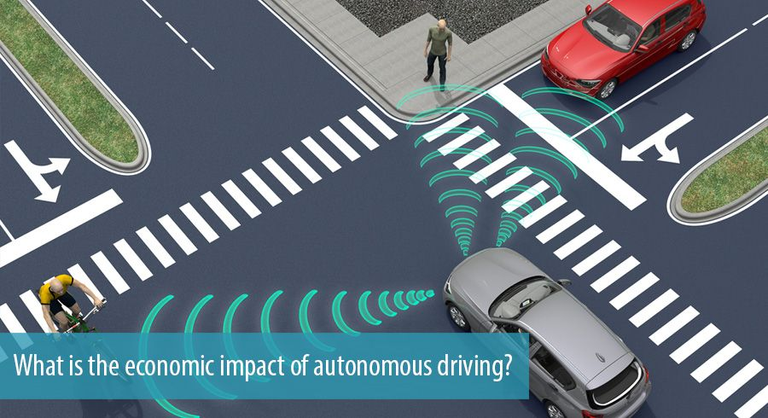The rise of autonomous vehicles, or self-driving cars, marks a significant technological advancement that has the potential to revolutionize transportation and reshape society as we know it. These vehicles utilize a combination of sensors, cameras, and artificial intelligence to navigate roads and transport passengers without human intervention.
The impact of autonomous vehicles on society is multifaceted. On one hand, they promise to enhance road safety by reducing human error, which is a leading cause of accidents. Additionally, self-driving cars have the potential to improve mobility for individuals who are unable to drive due to age, disability, or other factors, thus increasing accessibility.
However, the widespread adoption of autonomous vehicles also raises concerns regarding job displacement for drivers, ethical dilemmas in decision-making algorithms, data privacy, and cybersecurity risks. Moreover, the integration of self-driving cars into existing infrastructure requires careful planning and regulation to address legal, ethical, and societal implications.
As the technology continues to evolve, society must navigate these challenges to ensure that autonomous vehicles contribute positively to our lives while minimizing potential drawbacks.

Upvoted. Thank You for sending some of your rewards to @null. Get more BLURT:
@ mariuszkarowski/how-to-get-automatic-upvote-from-my-accounts@ blurtbooster/blurt-booster-introduction-rules-and-guidelines-1699999662965@ nalexadre/blurt-nexus-creating-an-affiliate-account-1700008765859@ kryptodenno - win BLURT POWER delegationNote: This bot will not vote on AI-generated content